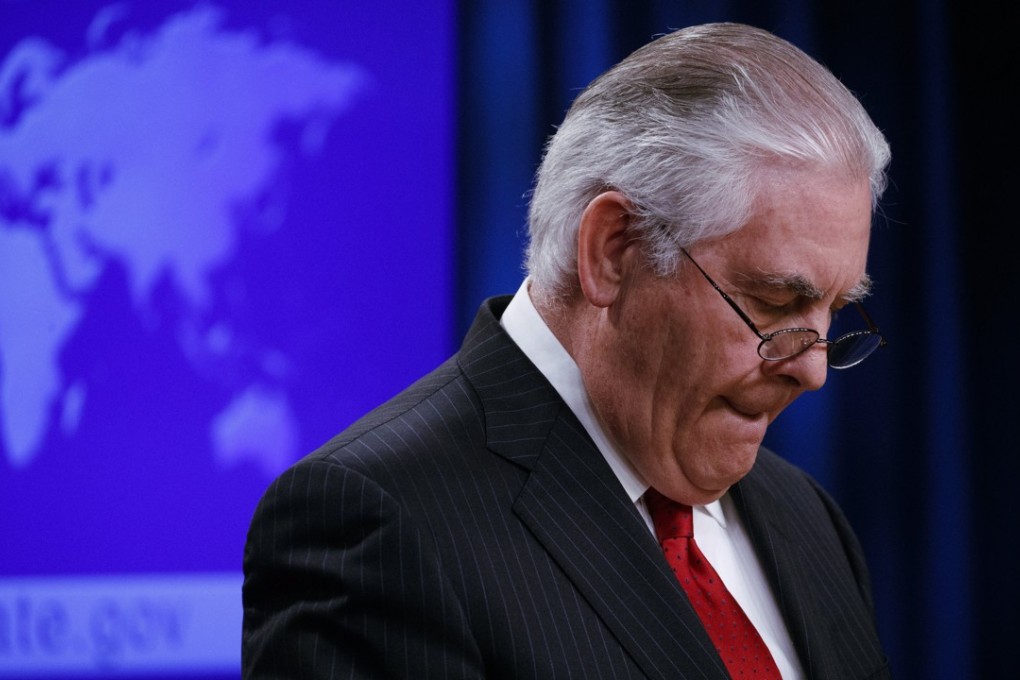Outside In | Tillerson’s final warning on Belt and Road financing only proves China’s influence on the rise
Tillerson’s warning that countries taking on too much debt to finance infrastructure projects as part of the Belt and Road Initiative could endanger their economies can only be seen as a distraction from the debt overhang that still haunts the global economy 10 years on from the financial crisis

One of Rex Tillerson’s final acts, as he emerged from his long Africa tour only to be tweet-sacked from Washington by his boss, was to warn the world, and his African hosts, about the dangers of being seduced by the siren call of Chinese loans supporting big infrastructure Belt and Road projects.
In emerging markets around the world “China offers the appearance of an attractive path to development, but in reality [is] trading short-term gains for long-term dependency”, Tillerson said. He called on borrowers to “carefully consider the terms” of agreements with Chinese lenders, and to take care “not to forfeit sovereignty”.
In a tour through Latin America less than a month earlier he gave a similar set of warnings. “Latin America does not need a new imperial power,” he noted. Clearly the one existing “imperial power” is quite enough.

In certain ways, Tillerson’s comments should be well-taken. Economies across Asia paid a very high price during the Asian Financial Crisis in 1998 for having gorged on too much corporate and government debt – much of it in foreign currencies. The painful lessons learned at that time have been heeded. Today, governments and companies alike rely more heavily on local currency debt. Bond markets have been developed to help companies rely less heavily on potentially volatile bank lending. Overall levels of debt have been kept more carefully in check.
The numbers underpinning Tillerson’s warnings seem to emerge from a single common source – a report lead-authored by John Hurley at the Washington-based Center for Global Development on “The Debt Implications of the Belt and Road Initiative”.

